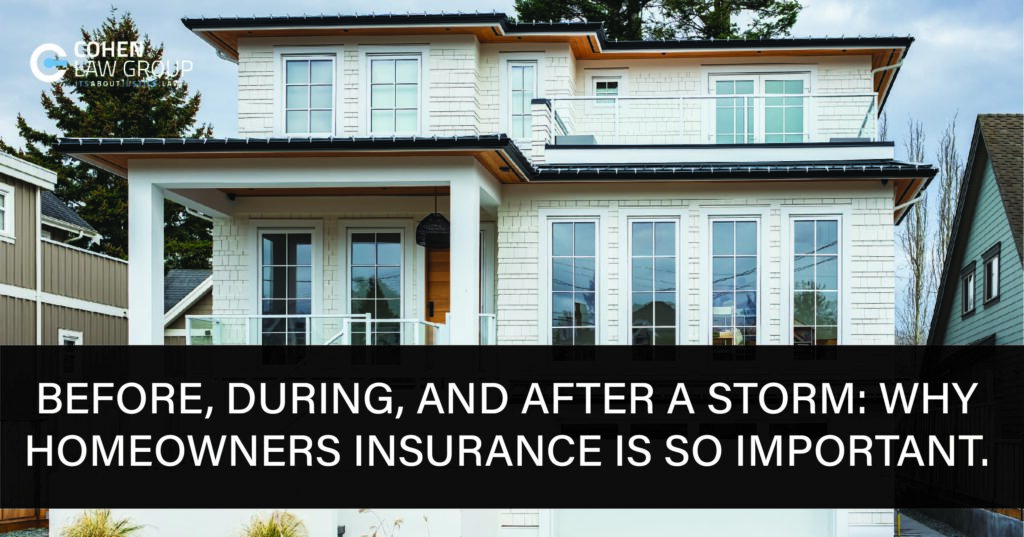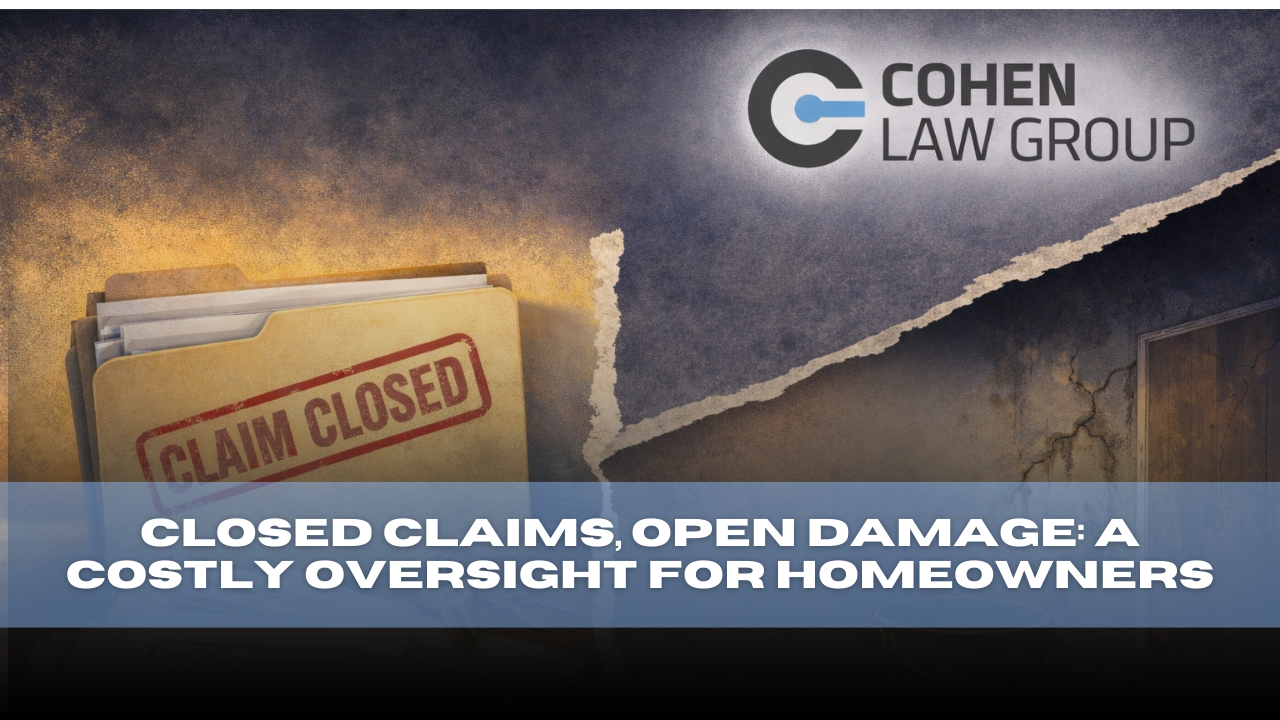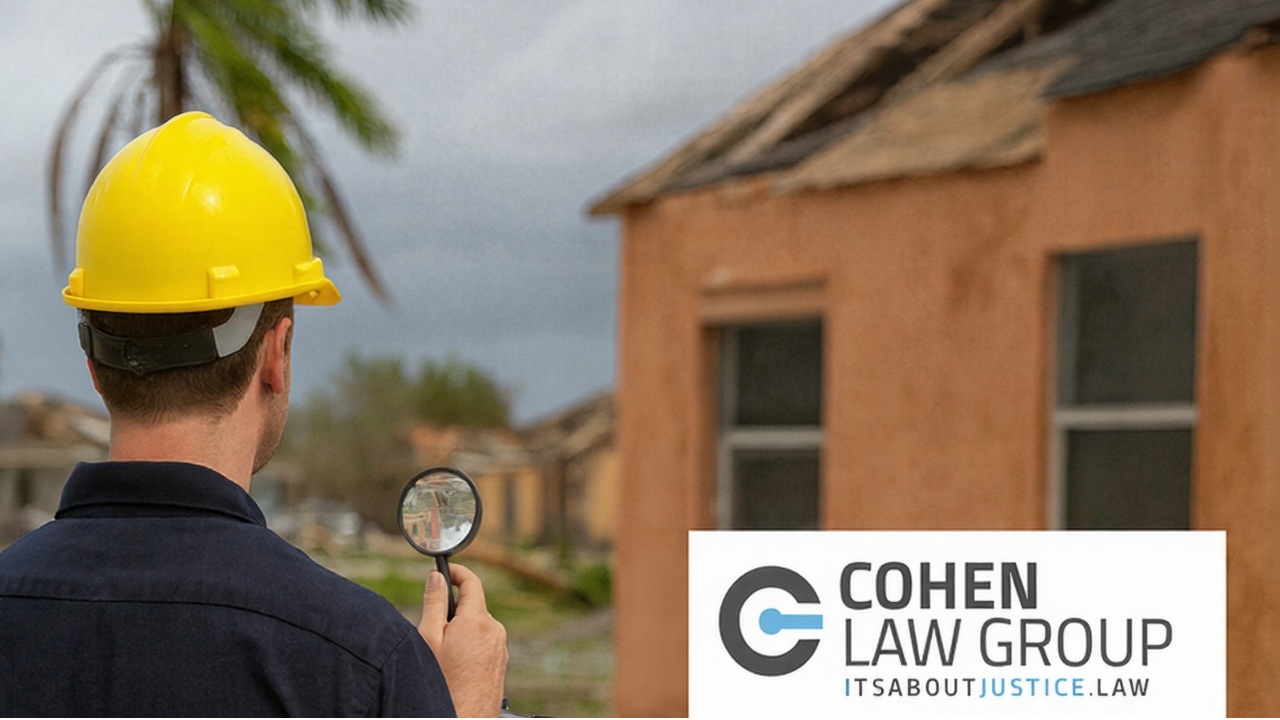As homeowners, we invest significant time and resources into creating a safe and comfortable space for ourselves and our loved ones. However, unforeseen natural disasters such as hurricanes can wreak havoc on our homes, leaving us vulnerable to immense financial loss. That’s where home insurance comes to the rescue. In this blog post, we will explore the critical role of home insurance both before and after a hurricane, highlighting the importance of having adequate coverage to protect our homes and belongings.
Before the Hurricane:
Assessing your Coverage: Well before hurricane season begins, it is crucial to review your home insurance policy and ensure it provides sufficient protection against wind and water damage. Regularly assess your coverage limits and consider adding specific endorsements for hurricane-related risks.
Documenting Your Belongings: Create a detailed inventory of your possessions, including photographs or videos, and store it in a safe place. This documentation will prove invaluable when filing insurance claims after a hurricane, as it helps establish the value of lost or damaged items.
Securing Vulnerable Areas: Take preventive measures to safeguard your home against hurricane damage. Reinforce windows and doors, trim overhanging branches, and secure loose outdoor items. Insurance providers may offer discounts for installing storm shutters or impact-resistant materials, so explore these options to mitigate risk and potentially lower your premiums.
Evacuation Plan: Familiarize yourself with evacuation procedures in your area and prepare a comprehensive emergency plan. Ensure important documents, such as insurance policies, are easily accessible and consider keeping copies in a safe, off-site location.
During and After the Hurricane:
Prioritize Safety: When a hurricane is imminent, prioritize the safety of yourself and your family. Follow all evacuation orders and take necessary precautions to protect lives. Remember that material possessions can be replaced, but human lives cannot.
Documenting Damage: After the hurricane has passed and it is safe to do so, document the damage to your property by taking photographs or videos. This visual evidence will be essential when filing insurance claims.
Promptly Notify Your Insurance Company: Contact your insurance provider as soon as possible to report the damage and initiate the claims process. Familiarize yourself with the specific steps and requirements outlined in your policy, and provide accurate and thorough information to facilitate a smoother claim resolution.
Mitigate Further Damage: Take reasonable steps to prevent further damage, such as covering broken windows or holes in the roof with tarps. However, always consult your insurance company before proceeding with repairs, as they may require an inspection first. Remember, while mitigating further damage is crucial, always consult your insurance company before undertaking any significant repairs or expenses. They may require specific documentation or prior approval, and failure to follow their guidelines could potentially jeopardize your claim.
Keep Detailed Records: Throughout the claims process, maintain a detailed record of all communications with your insurance company, including dates, times, and the names of the representatives you speak with. Additionally, keep receipts for any temporary repairs or accommodations you incur.
Home insurance serves as a financial safety net before and after a hurricane, offering peace of mind during times of uncertainty. By taking proactive measures to review your policy, secure your home, and document your belongings, you can better protect yourself against potential losses. In the event of a hurricane, promptly contacting your insurance provider, documenting the damage, and maintaining clear communication will facilitate a smoother claims process. Remember, comprehensive home insurance coverage is an essential investment, ensuring that your home and possessions are safeguarded against the unpredictable forces of nature.
Once you receive a coverage determination decision from your insurance company (denial of claim, under deductible, or partial payment), make sure to contact us to further evaluate your case.
Guillermo Lopez, Esq.








